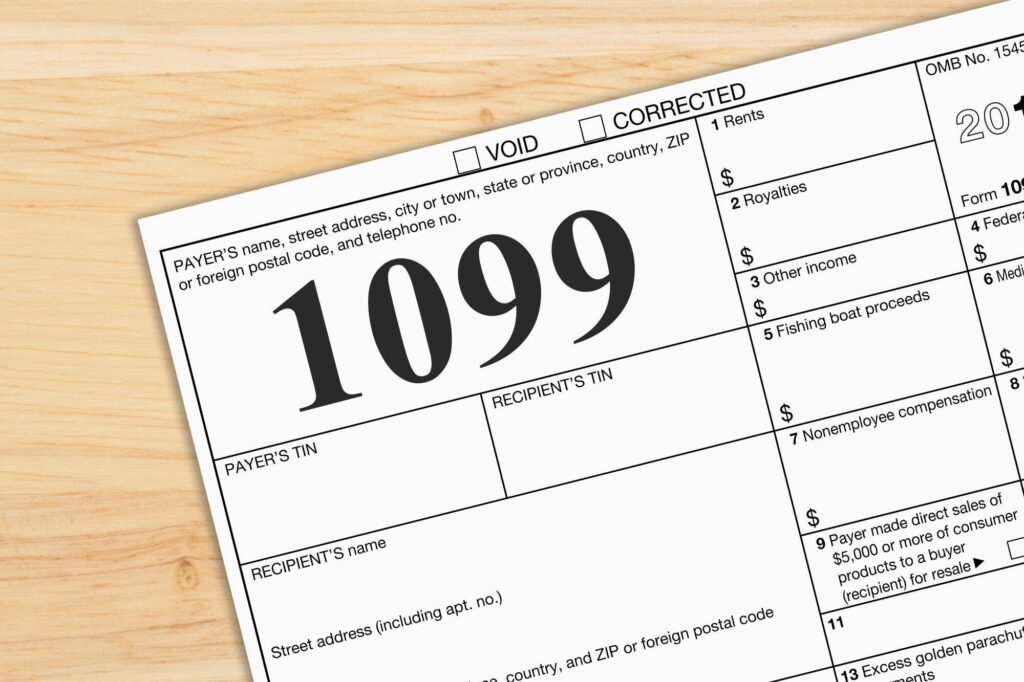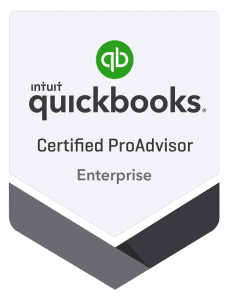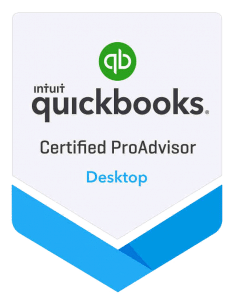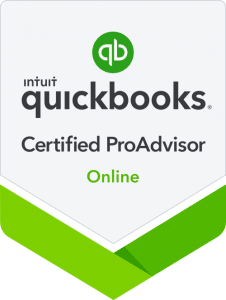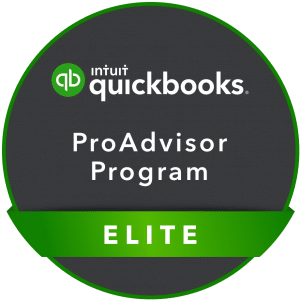The International Revenue Service (IRS) requires businesses to use Form 1099-NEC to report payments made to freelancers, independent contractors, self-employed individuals, and sole proprietors.
If you’re a business owner, there’s a chance you could owe this form to some of your vendors.
Businesses of all sizes must issue Form 1099 every tax year. However, understanding how it works and who needs to complete it can be a challenge.
Today, we’re taking a closer look at Form 1099 requirements for vendors to help you determine if you need to submit one and how to get started.
Who Should File 1099 Forms?
Not every business owner is required to submit a 1099-NEC form. If your workforce only consists of part-time or full-time payrolled employees, you may only need to submit Form W-2: Wage and Tax Statement.
A W-2 form details the wages your employees earn in a given year. It also includes information on any applicable taxes that were paid or withheld by your company. On the other hand, 1099 Forms are only required for freelancers and independent contractors, not patrolled employees.
Examples of workers who could be considered freelance/independent include:
- Individuals
- Sole proprietors
- Partnerships
- Some limited liability companies (LLCs)
If you employ vendors throughout the year on a short-term or freelance basis, the law requires you to submit a 1099 Form to each one by January 31. You must also file those same forms with the IRS by the same deadline.
Information Required for Form 1099
To complete a Form 1099 correctly, you must have the following information from each vendor:
- Name
- Address
- Amount paid over the year
- Taxpayer identification number (usually social security number) or employer identification number (EIN)
For U.S.-based vendors and contractors, this step is relatively easy. Before beginning work with your company, those individuals should have completed and returned IRS Form W-9: Request for Taxpayer Identification Number and Certification, which includes all relevant information necessary to complete the contact details for Form 1099.
Key Exceptions to Note
Most companies that employ the use of vendors, freelancers, and independent contractors are required to submit and file Form 1099. However, there are a few exceptions to note. Let’s take a look.
Minimum Payment Requirements
Take a look at the total that you paid to the workers in question. If the amount is less than $600, you aren’t required to submit Form 1099 for that team or employee.
Specific Corporation Types
Next, business owners don’t have to submit Form 1099 for vendors classified as S-corporations or C-corporations. The owners and shareholders of those corporations are taxed separately.
While this rule applies across the board, there is one exception. Any attorney fees do require a Form 1099 because payments to law firms still fall under this IRS reporting requirement, regardless of the firm’s specific tax classification.
Foreign or International Vendors
Lastly, you don’t need to complete a Form 1099 if the vendor or freelancer is based in a foreign or international location. Instead, there are different forms to submit depending on how the worker operates.
If they’re working as individuals, they must fill out Form W-8BEN. If they’re working as an entity, they’ll complete Form W-8BEN-E. While you don’t need to submit these to the IRS, you should keep them in your business records, as there’s a chance the IRS could request them.
What About Third-Party Payment Processors?
Some companies use third parties, such as PayPal or Stripe, to pay their 1099 vendors. Others prefer to pay with credit, debit, or gift cards.
If any of these scenarios apply to you, then you may not need to submit a Form 1099. The business that issues the card or processes those payments will take care of this step for you by submitting Form 1099-K: Payment Card and Third-Party Network Transactions.
How to Streamline Your 1099 Submittal Process
Keeping up with every aspect of your Form 1099 filing process can be complicated, especially if you manage multiple vendors at once. Here are a few tips to help you organize your steps.
Request W-9s Early
As mentioned, W-9 forms contain most of the information you need to complete your 1099s, including each vendor’s name, contact number, and EIN. As soon as a vendor or contractor starts working with you, ask them to complete and submit their W-9
If you take care of this step as early as possible, you can rest assured you’ll have everything you need when it’s time to complete your 1099-NEC later.
Err on the Side of Caution
Regarding tax forms, it’s always better to stay on the safe side. Even if you’re not 100% sure that a contractor or vendor should receive a 1099 form or if any exceptions apply to you, go ahead and send one.
Ultimately, it’s better to submit one and find out later you didn’t need it rather than omit it and face a penalty.
Double-Check All Payments
You might think you’ve captured all of your vendor payments. However, think carefully about all of the tools and platforms you use to pay your workers. In addition to your business bank accounts, other places to check include:
- Cash payments
- Check payments
- Direct deposit payments
Hire a Bookkeeper
Keeping track of your business financials can be challenging, especially when you’re busy running an enterprise. Tax time and every time, it’s helpful to have an accounting partner you can trust
Instead of relying on an in-house group to handle everything for you, why not outsource this critical business function to a qualified professional bookkeeper? A team like ours will provide expert services you can trust.
Understand the 1099 Requirements for Vendors
Business taxes can be intimidating, but they aren’t impossible. As long as you keep careful records, stay in communication with your vendors, and understand the 1099 requirements for vendors, the processes can be much easier to follow.
However, that doesn’t mean you have to do it alone.
Instead of trying to juggle all of your accounting records, let us take care of the heavy lifting. At Cloud Bookkeeping, we provide an array of services including managed bookkeeping, full-service payroll management, tax return preparation, and more. Contact us today to learn more!
